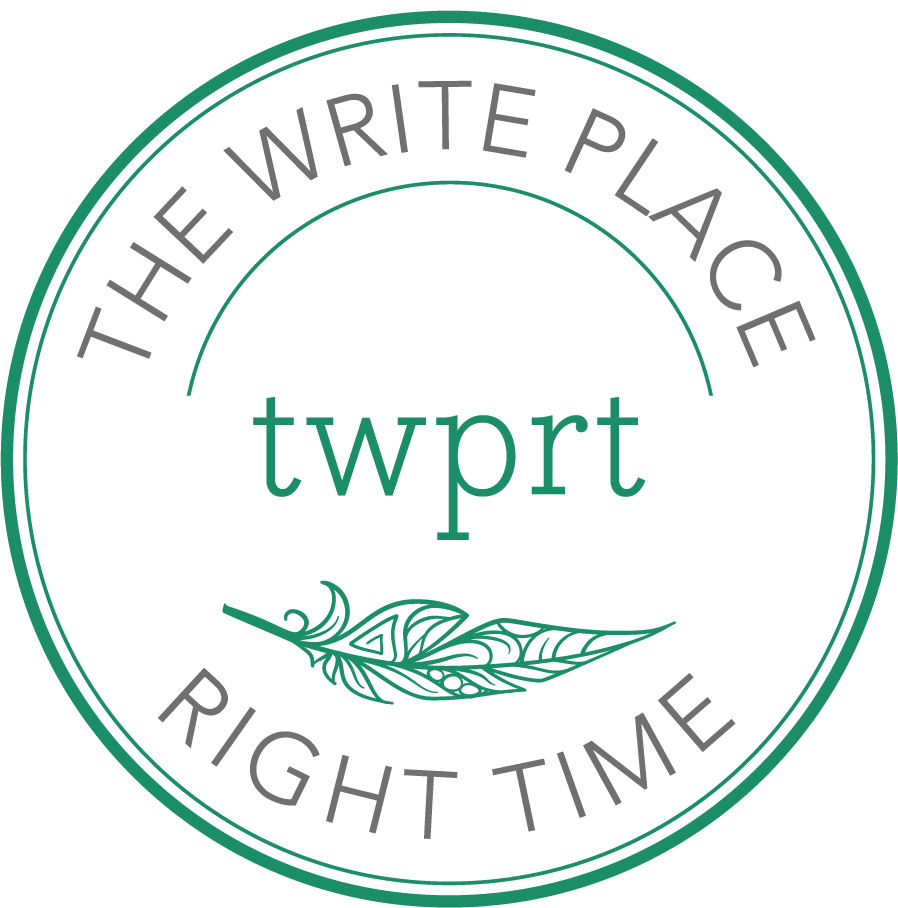How ghostwriters fit into the book writing process and help authors create content.

Ghostwriting isn’t something most people interact with on a daily basis. We may have heard about books that have been ghosted or read about famous ghostwriters. Tons of celebrities, business people, and politicians have had books written by ghostwriters. They get book deals and don’t have the time or skill to write the book for themselves. However, ghostwriting doesn't begin and end with big name book deals. Maybe you didn’t know that.
Anyone can utilize a ghostwriter. Whether you're looking to write a book, blog, run a newsletter, or anything in the realm of writing a ghostwriter can support you. Like the celebrities who haven’t the time for writing, Working full time managing a business or building a brand is time consuming. Writing can elevate a business or brand to new heights by creating credibility and engaging with prospective clients. Before you decide whether you are going to write your next book (or first one), you should know if a ghostwriter could help you instead.
What is Ghostwriting?
When a written work is ghosted it means the author is not the person who wrote the book in question. The reason it’s called “ghost writing” is because usually it’s a secret if something has been written by someone other than the listed author. The ghostwriter emulates the voice of the author to create their work. In a website post ghostwriter Andrew Crofts describes ghostwriting as “like being paid to be educated by the best teachers in the world.” Meaning, a ghostwriter is like an understudy of the author. Ghostwriters are paid to take the time to listen and to understand an author’s subjective experience and wisdom.
If a ghostwriter creates content for your brand then your name would be put on that work as the author. Even though the words are written by the ghostwriter they are your thoughts and expressions. All content written by a ghostwriter is your content for all intents and purposes. The ghostwriter does not claim credit for the writing and is not known by the readers. There are some circumstances where people choose to have co-authorship of a work or credit a ghostwriter but it isn’t common. (And kind of defeats the purpose...remember what I said about why it’s called ghostwriting?)
What can be Ghostwritten?
Ghostwriting doesn’t strictly mean ghosting a novel for a celebrity. In an article on Writer’s digest by Kelly James-Egner she describes that most ghostwriter's clients are “professionals (think physicians, attorneys, financial advisers) who want to publish books to attract clients and establish themselves as experts in their field—but who lack the time and/or ability to actually write the manuscripts.” Having a published work establishes credibility in a field. It shows that your thoughts and ideas are important and insightful enough that there is a market to be selling them. The published book is a badge that what you are saying is valuable and worth engaging with.
Ghostwriting isn’t only for full-length books . Many ghostwriters work with professionals to make shorter length works. Traditionally when we think ghostwriting we think about books but ghostwriters can help professionals run blogs, newsletters, websites, or create posts on social media. They can even write the emails you send to your list of subscribers, or the keynote speech you want to give at the upcoming conference, etc. Tons of freelance writers are finding success in this space.
Working with a Ghostwriter
The first step in working with a ghostwriter is understanding your own project and scope. If you have an idea of what it is you want written, you can book a free consultation with a ghostwriter (or in our instance, fill out our contact form on the homepage). It’s customary for most ghostwriters to offer a free consultation and talk though what a project will be like for you and how much it may cost. A free consultation ensures you understand the scope of the project and helps the writer tailor the work to achieve your goals.
The relationship between a ghostwriter and author is a close and personal relationship. The author has a story or message but not the time, skill, or confidence to write it. An author comes to the ghostwriter for help on a book or project.. The ghostwriter emulates the author and puts their (the author’s) thoughts, experience, and rhetoric into a written format. The ghostwriter and author relationship is like the relationship between your hand and your brain.
On an episode of the “Weekend Edition” (a radio show put out by NPR), they featured David Fisher, a notable ghostwriter. He had this to say about how he captures an author's voice: “...stud[y] speech patterns, sentence structures, what jokes [your] subjects tell.” He learns to embody the author. You learn to write as someone else by studying them. How to write like someone else is a skill ghostwriters spend time developing and learning.

A ghostwriter is a (human) tool for you to use. If you lack the time or need the help bringing your writing to life then a ghostwriter is what you need. They use their expertise in writing to bring your voice onto the page through careful study. Writing is a skill. “There is a statue already in the stone; it is the job of the sculpture to get it out,” said Michaelangelo. Not all of us have Michelangelo's hands or his ability. Think of your mind as that block of stone. In all of your experience, emotion, and memory there is a story; the ghostwriter is the hand and chisel. Before you take on your next writing project think how a ghostwriter might be able to help. If you're too busy to take on the project or unsure of how to get started, call the ghostbusters (ha, I couldn’t help myself). If you're interested in fleshing out an idea or learning more through a consultation you can head here.
To talk with me more about working with a content writer head to my home page and fill out the form. Interested instead in a 1:1 Content Coaching Call? Just to sort out your needs? You can head here.

